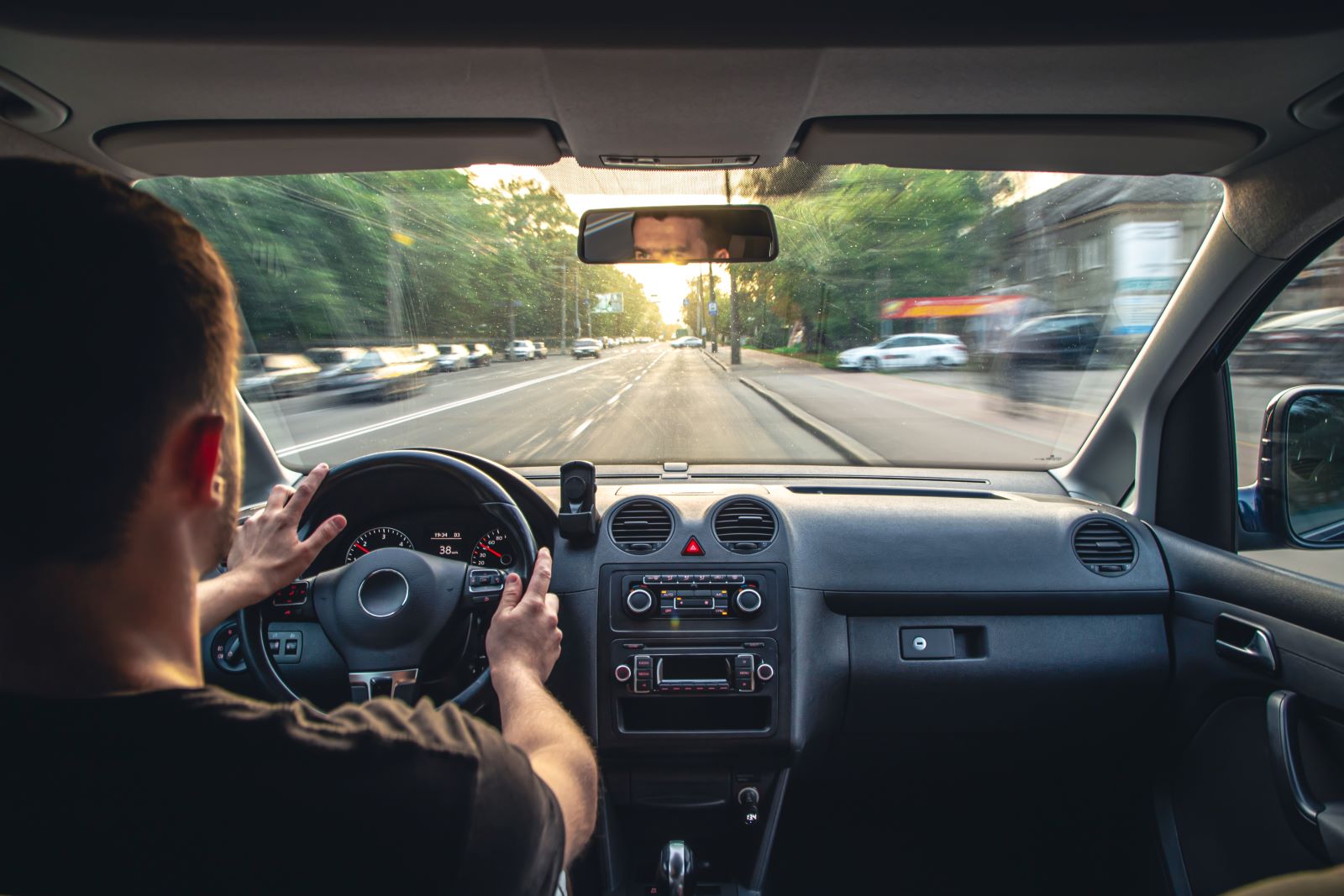It’s no secret that millennials have been handed a lot of global and societal issues to tackle. But amid the hustle to make ends meet and the relentless wave of crises, many millennials seem to have shifted their focus. Here’s a look at how they might be stepping back from the grand ambition of saving the world.
1. Shrinking Voter Turnout

Millennials often skip the polls, leading to lower voter turnout compared to older generations. This withdrawal from the electoral process can diminish their influence on critical environmental and social policies.
2. Cynicism Towards Politics

Many millennials express a deep cynicism towards political systems, feeling that their actions won’t make a difference. This skepticism often leads to disengagement from political activism.
3. Decreased Participation in Protests

While there are exceptions, overall participation in protests and civil movements among millennials has waned compared to past decades. Many feel that these actions rarely lead to substantial change.
4. Career Over Activism

Economic pressures have pushed many millennials to prioritize career growth over activism. The need to secure stable employment often takes precedence over volunteer work or activism.
5. Reliance on Social Media Activism

Millennials are increasingly turning to “slacktivism” – supporting causes through social media likes and shares rather than direct action or financial contributions.
6. Reduced Charity Donations

Financial constraints mean millennials often donate less to charity than older generations. High living costs and student debt limit their ability to contribute financially to causes.
7. Sustainability Burnout

Constant messages about sustainability can lead to burnout, with many feeling overwhelmed by the pressure to live perfectly eco-friendly lives. This often results in a reduction in efforts to make sustainable choices.
8. Eco-Friendly Purchasing Paralysis

While interested in sustainable products, many millennials find them unaffordable or inconvenient, leading to a preference for cheaper, less eco-friendly options.
9. Decreased Carpooling and Public Transit Use

Millennials are increasingly dependent on single-occupancy vehicles rather than carpooling or using public transit, influenced by the convenience of ride-sharing apps and the decline in public transit services.
10. Less Homeownership

Without the stability of homeownership, many millennials lack the incentive to invest in long-term improvements like solar panels or energy-efficient appliances that could reduce a household’s carbon footprint.
11. Fast Fashion Consumption

Despite a growing awareness of sustainable fashion, many millennials continue to purchase fast fashion due to its affordability and accessibility, contributing to environmental degradation.
12. Single-Use Plastics

While aware of the impacts, the convenience of single-use plastics keeps many millennials from adopting more sustainable habits like using reusable bags, containers, and utensils.
13. Streaming Overload

The energy consumption of digital streaming services, favored by millennials for entertainment, is often overlooked. This habit contributes significantly to their carbon footprint.
14. Gadget Obsession

Frequent updates and replacements of tech gadgets contribute to electronic waste. Millennials, keen on the latest tech, often overlook the environmental impact of their tech consumption.
15. Travel Lust

Millennials are known for valuing experiences, particularly travel, which can lead to significant carbon emissions through frequent flying and other travel-related activities.
16. Meat Consumption

Despite the known impacts of meat production on the environment, dietary habits of many millennials still include substantial meat consumption, driven by convenience and taste preference.
17. Urban Sprawl

The preference for living in sprawling urban areas often means longer commutes and increased energy consumption, contributing to environmental strain.
18. Minimal Recycling Efforts

Recycling rates among millennials are not as high as expected, often due to lack of access, confusion over what can be recycled, or skepticism about the effectiveness of recycling programs.
19. Limited Political Representation

The underrepresentation of millennials in political positions means that their specific environmental concerns and priorities are less likely to be addressed in policy making.
20. Focus on Digital Rather Than Natural Spaces

Millennials spend more time in digital spaces and less in natural settings, leading to a disconnect from environmental issues that affect these areas.
21. Overwhelm from Global Issues

Facing global challenges like climate change and economic instability, many millennials feel overwhelmed and powerless, leading to disengagement from efforts that could lead to significant changes.
The Great Millennial Retreat

It seems the weight of the world might just be too heavy for one generation to handle alone. As millennials find themselves caught between ideals and reality, their retreat from some traditional methods of world-saving is noticeable. But who can blame them, when the task is so daunting and the reinforcements so few?
Budget Boss: 12 Tips for Managing Your Money Wisely

Embarking on a journey to master budgeting requires evidence-based strategies supported by research to manage your finances effectively and achieve your financial goals. Here are 12 research-backed tips, along with actionable steps to implement them, for mastering budgeting and maximizing your financial well-being. Budget Boss: 12 Tips for Managing Your Money Wisely
Ranking the Top and Bottom 24 U.S. Universities

Wondering which universities are the cream of the crop and which ones fall short of the mark? Today, we’re ranking the 24 best and worst universities in the United States to give you the inside scoop on higher education excellence and disappointment. Are you ready to uncover the highs and lows of academia? Ranking the Top and Bottom 24 U.S. Universities
18 Trending Jobs That Let You Travel While Working

Dreaming of turning your wanderlust into a way of life? Believe it or not, there are careers that not only allow but encourage you to explore the globe, dive into new cultures, and collect experiences instead of things. Here are 18 unconventional jobs that offer just that, with a bit more insight into each. 18 Trending Jobs That Let You Travel While Working
Featured Image Credit: Shutterstock / Tint Media.
The content of this article is for informational purposes only and does not constitute or replace professional financial advice.
For transparency, this content was partly developed with AI assistance and carefully curated by an experienced editor to be informative and ensure accuracy.





Leave a Reply